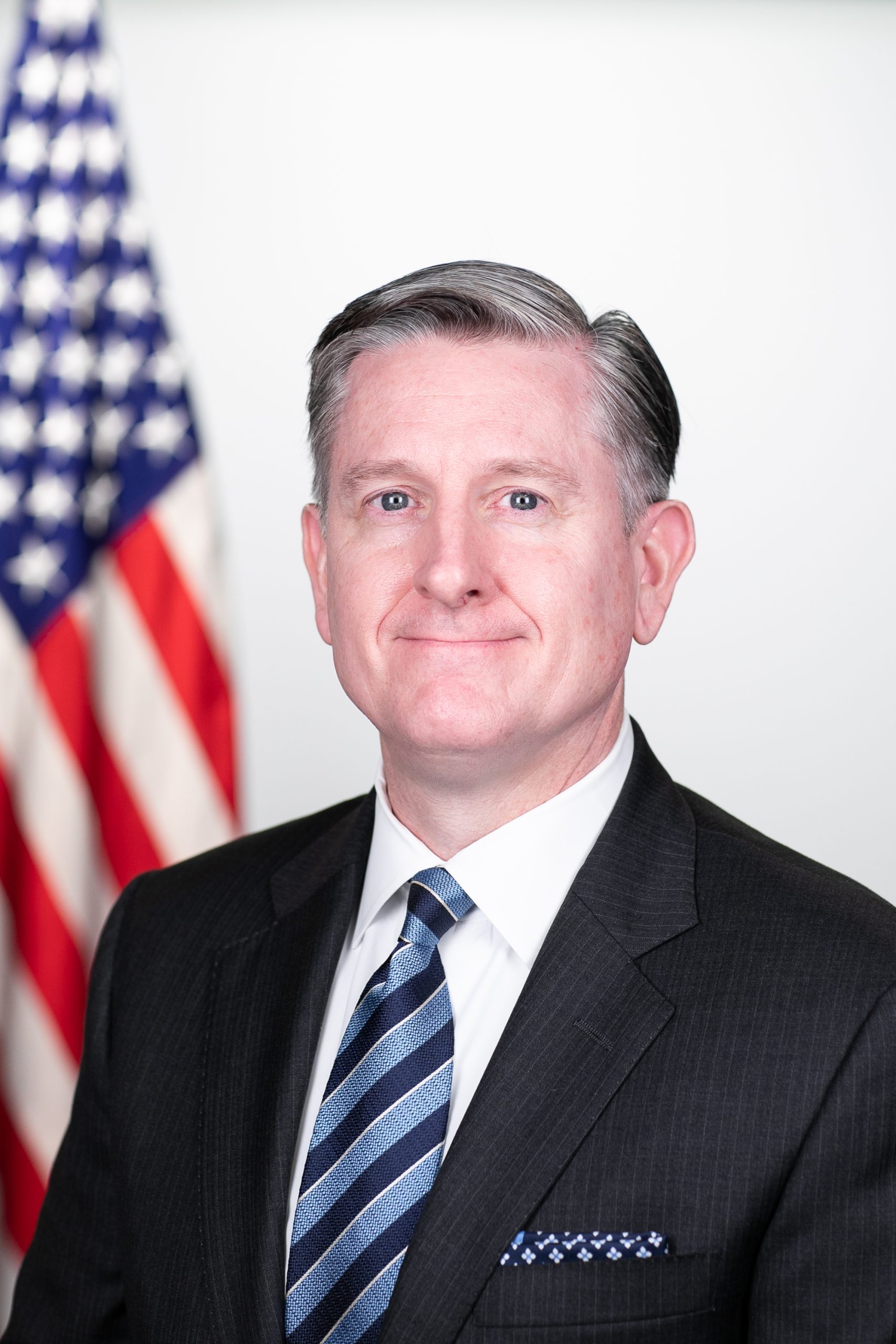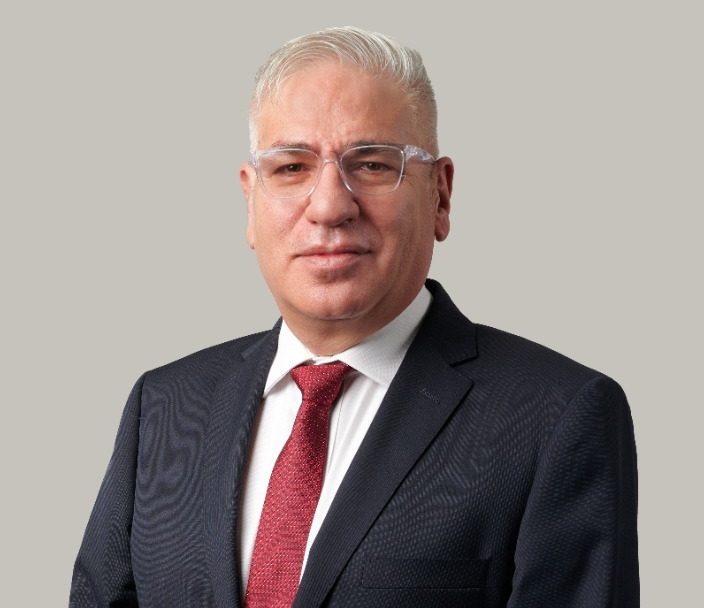For the first time since World War II, war in Europe is threatening international energy and food security, while exacerbating global inflation and supply chain disruption. The historic Abraham Accords agreements have the potential to transform the Middle East into a source of sustainable solutions to these urgent challenges, advancing peace and stability not only in the Middle East but around the world.
Much of the discourse surrounding the Accords has focused on the flourishing bilateral ties between Israel and its Arab peace partners, both new and old. The growth in bilateral ties has, without a doubt, been impressive, with UAE-Israel trade projected to reach $4 billion in 2022. However, the true transformative potential of the Accords is in strategic multilateral initiatives linking Abraham Accords members and other Middle East countries with the US, European, and Asian markets at whose crossroads they sit.
One area where this transformative potential can have a far-reaching impact to meet pressing needs is in the field of energy. In June 2022, the EU, Egypt and Israel agreed to significantly increase the export of Israeli gas to Europe via Egypt, providing the EU with a reliable alternative to Russian gas, while reinforcing Egypt-Israel economic cooperation. This agreement is a harbinger of future energy collaboration through frameworks such as the East Mediterranean Gas Forum. In fact, according to the US Geological Survey, eastern Mediterranean gas reserves are estimated at about 345 trillion cubic feet, more than enough to provide for both domestic needs and export to Europe, helping to replace the loss of Russian gas following their invasion of Ukraine.
This cooperation encompasses the field of renewable energy as well, where the region is seeing new initiatives with international involvement. In November 2021, Jordan, Israel and the UAE signed a memorandum, overseen by the United States, to develop the Prosperity Green/Blue project, which will see Jordan leverage its desert expanses to provide solar energy to Israel, while Israel provides Jordan with up to 200 million cubic meters of desalinated water. Looking ahead, with the improvement of solar and green hydrogen technologies, the Middle East can become a reliable source for Europe’s renewable energy needs.
In addition to the energy crisis, the Russian invasion of Ukraine is fast leading to acute food shortages. According to the World Economic Forum, “countries in Africa and the Middle East in particular are heavily dependent on wheat imports from Russia and Ukraine.” Joint Abraham Accords ventures, taking advantage of the relative strengths of each country, can promote successful agricultural projects in Accords countries such as Sudan (helping retain Sudan within the Accords), as well as other developing economies. At the same time, expanding the overland Israel-GCC trade route, connecting Europe with Asia, can greatly reduce the time and cost of shipping perishables across the region, thereby enhancing food security.
Indeed, Abraham Accords innovation cooperation, in sectors such as energy, water, agriculture and logistics, can lead to breakthroughs that will improve the lives not only of the people of the region, but also the over two billion residents of arid and semi-arid climates. While Israel is a recognized climate technology leader, with Tel Aviv recently ranked as the number 2 cleantech ecosystem in the world, pioneering regional projects such as Saudi Arabia’s NEOM and the UAE’s Masdar City provide an opportunity to work together on new paradigms of sustainable living. The upcoming COP27 in Egypt and COP28 in the UAE can provide an excellent stage to demonstrate the benefits of Middle East climate cooperation for the planet.
Countries enjoying the benefits of win-win economic cooperation are motivated to defend it against outside threats. A new regional security architecture could help safeguard shared economic interests against threats by radical regimes and their proxies. This is particularly urgent as Iran continues to direct and fund terror activity, including missile and drone attacks against its neighbors, while seeking to undermine regional governments.
Nearly two years after their signing, the Abraham Accords can help provide solutions to the most pressing challenges facing the international community, while ensuring peace and stability at the crossroads of US, European and Asian Markets. The benefits of the Accords for global stability will increase exponentially as more and more Islamic countries join, from Africa to the Gulf to southern Asia. It is therefore in the interest of all US and international stakeholders to play an active role in expanding and deepening the Accords.
With Europe at war, and peace spreading in the Middle East, the Abraham Accords have opened the door to groundbreaking solutions for crises across the globe.




